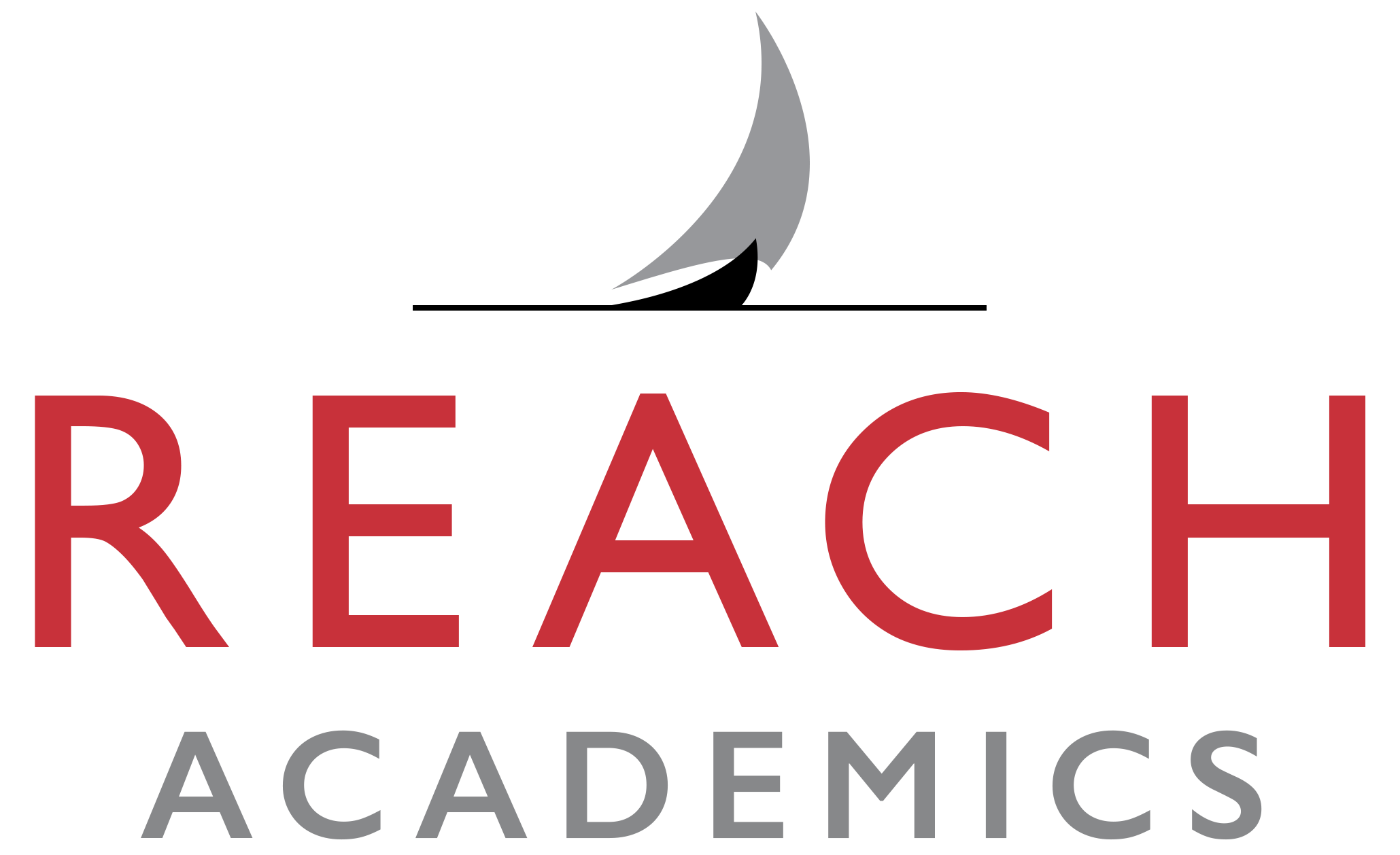Got a Dri-Erase I Can Borrow?
I’m in the middle of teaching Book 21 of The Odyssey. You might remember this part of the story: Disguised as a beggar, Odysseus arrives home to his palace in Ithaka with his son Telemachus only to find it overrun with suitors looting and vying for his wife Penelope’s romantic attention. As a class, we’ve watched this situation since the beginning of the book, and we’ve been looking forward to watching the suitors finally get what they deserve. I title this lesson, “Revenge is Sweet…and Bloody”. Conversation revolves around themes of fate, hubris, sexism, power, subversion, and weaponry.
“Odysseus strings his bow, raises it to his eyes, stretches out his right arm with locked elbow, and he shoots the arrow through –” My narration is interrupted by my classroom door swung open. Ms. Rosenberg, the math teacher down the hall, walks toward my desk, oblivious to the scene surrounding her. “Sorry to interrupt, Nat.” she says somewhat under her breath, “do you got a dri-erase I can borrow? Mine are all dried up.”
At that moment, the classroom was utterly silent and still. Not because the tension in the palace halls was thick as London fog. Not because the suspense was paralysis-inducing. No, it was silent because all eyes were on me. All ears waiting to hear my response.
At this point, the entire first 21 books of the greatest epic poem of all time were tossed out the proverbial window. No one was thinking about the tripwire being tapped. No one was caring about whether justice will prevail in the hallowed palace halls. No one was considering the dri-erase markers, either.
They were all solely watching me. No one else, nothing else would break their attention. Because what was most important to these students at this exact time had nothing to do with learning, literature, or language. It had everything to do with how the only adult in the room would respond to the obvious and oblivious interruption caused by the visiting adult in the room.
What will our teacher do?
Will he be aggravated? Will he be rude? Will he be polite?
This would be the most human lesson of that day’s class. Because the students are watching. Ted and Nancy Sizer made this the title of their seminal book. The Students Are Watching. Because they are. They always are. They might not be watching because they want to be teachers. But they are absolutely, 100% watching because they know they will soon be adults. And they are judging, evaluating, assessing our human characteristics every moment of every day. They want to know whether to respect us. And this respect has nothing to do with curriculum, content, or our professional role in the classroom.
How will our teacher respond? How would you respond? What would it take for you to respond in a way that generates respect? It would take time, right? Time to recalibrate. Time to take a breath. Time to look into the other teacher’s eyes and acknowledge that she is coming from a place of scarcity. She needs something, and she needs it now. Obviously, she has a classroom of her own, full of students who will start monkeying around if she’s not back in the classroom shortly.
I cite this example in order to convey how the role of a teacher is relational. And very, very human. That class was 15 years ago for me. Yet I remember it to this day. I remember the silence, the thickness in the air, the tension.
And I remember the relief I felt when I opened my desk drawer, found a blue dri-erase, gave it to the math teacher, and smiled.

